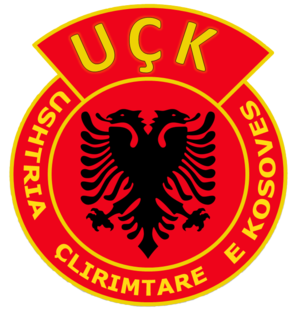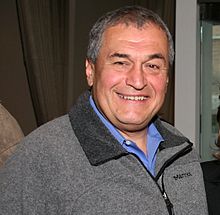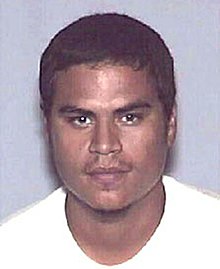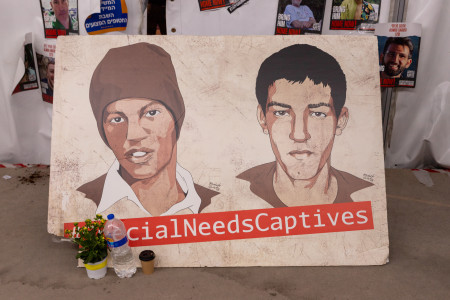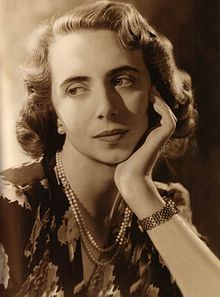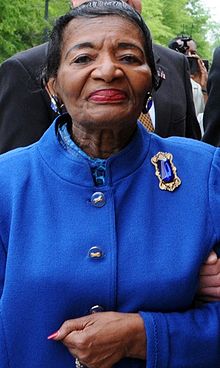Adem Jashari
Birthday November 28, 1955
Birth Sign Sagittarius
Birthplace Gornje Prekaze, PR Serbia, FPR Yugoslavia (now Prekaz i Epërm, Kosovo)
DEATH DATE 1998, Gornje Prekaze, FR Yugoslavia (now Prekaz i Epërm, Kosovo) (43 years old)
Nationality Serbia
#34738 Most Popular


